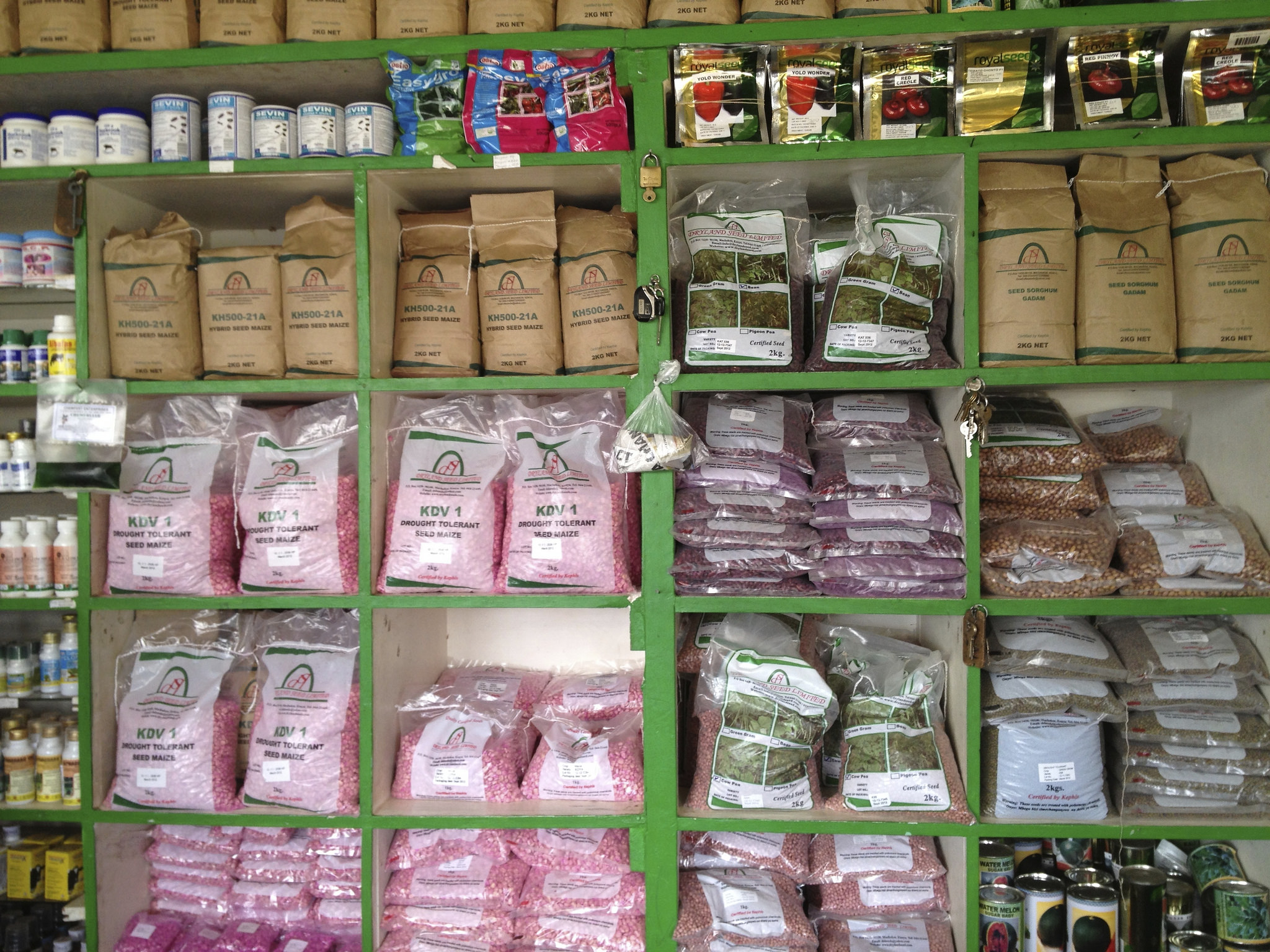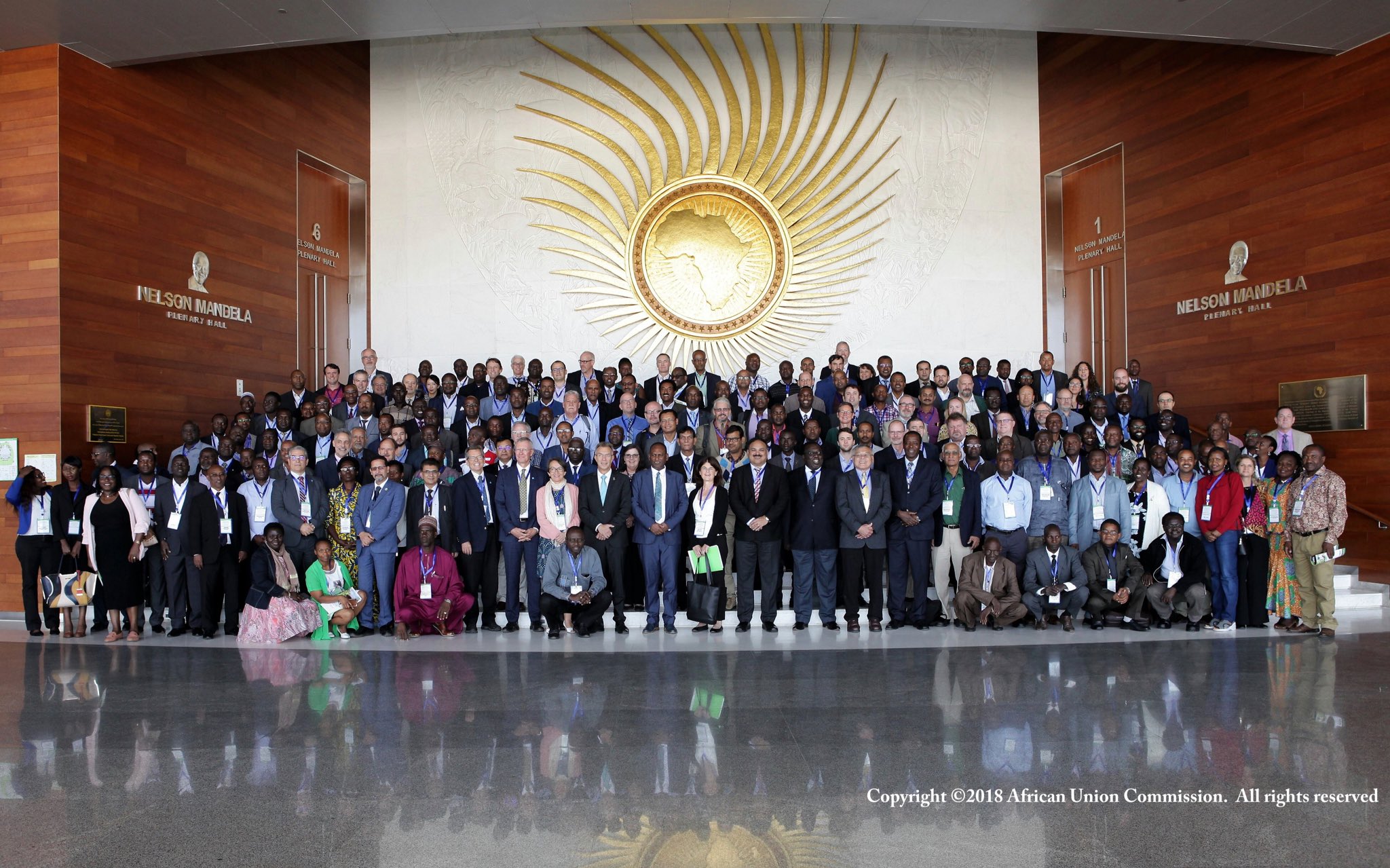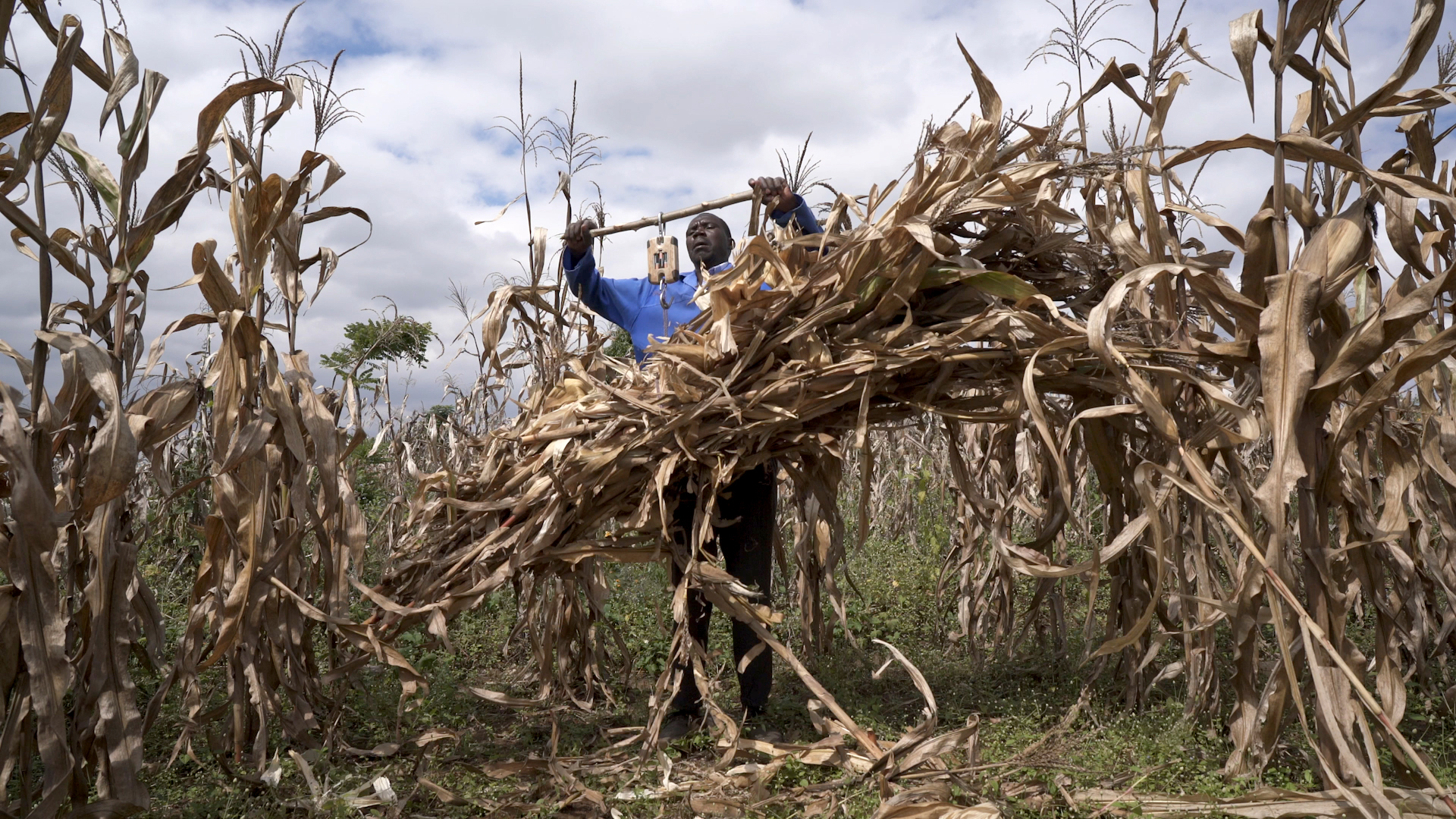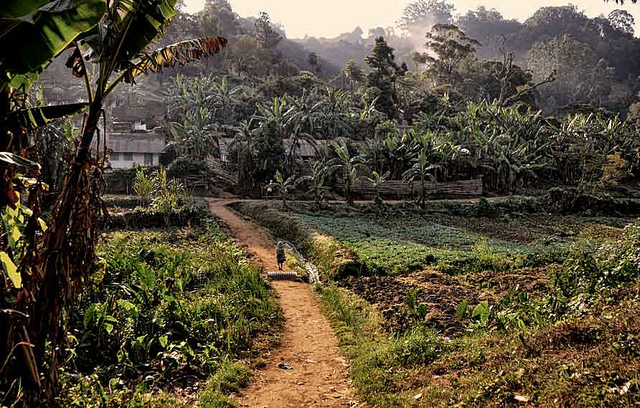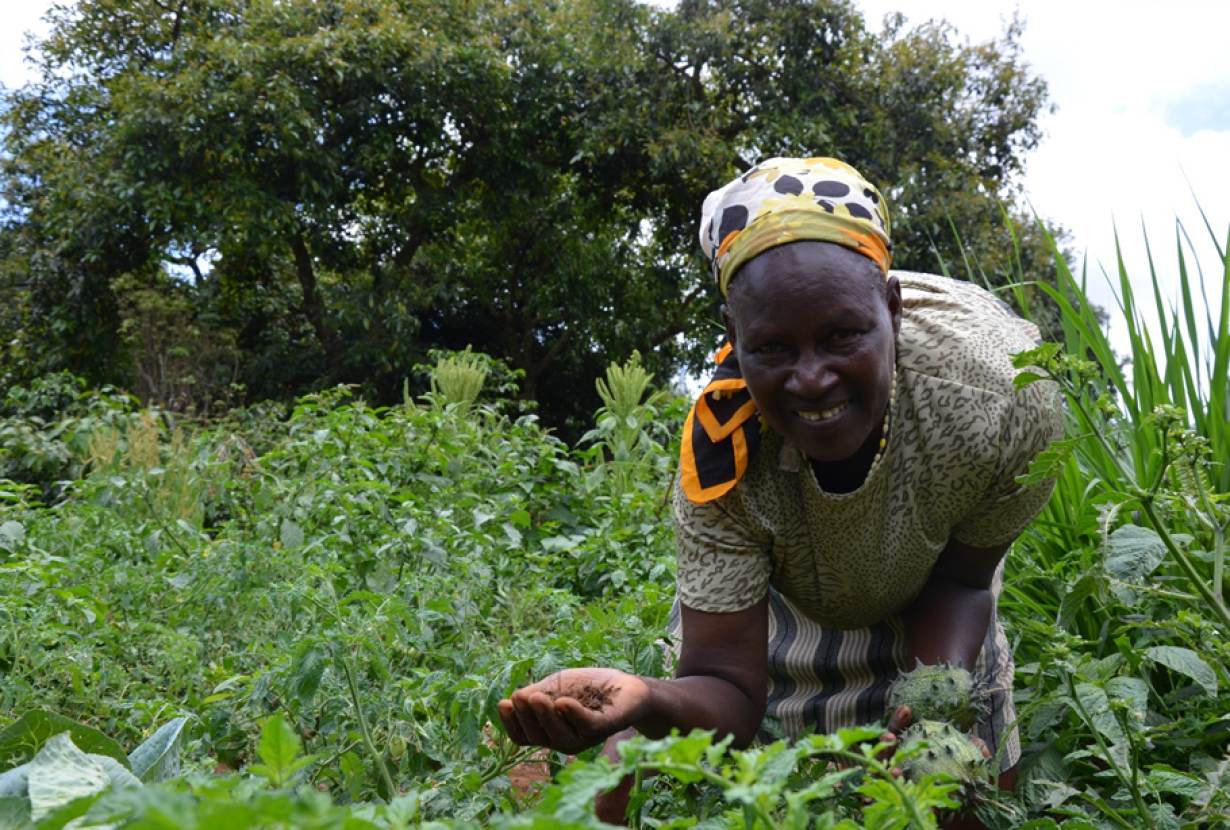Africa
CIMMYT’s work in Africa helps farmers access new maize and wheat systems-based technologies, information and markets, raising incomes and enhancing crop resilience to drought and climate change. CIMMYT sets priorities in consultation with ministries of agriculture, seed companies, farming communities and other stakeholders in the maize and wheat value chains. Our activities in Africa are wide ranging and include: breeding maize for drought tolerance and low-fertility soils, and for resistance to insect pests, foliar diseases and parasitic weeds; sustainably intensifying production in maize- and wheat-based systems; and investigating opportunities to reduce micronutrient and protein malnutrition among women and young children.
Q&A: Expanding CIMMYT’s research agenda on markets and business
 Nutrition, health and food security
Nutrition, health and food security
CIMMYT economist Jason Donovan discusses the role of seed companies and food markets.
CIMMYT laments the passing of Theodore Assimwe, Rwandan research pillar
He was a pillar of the Rwanda Agriculture Board (RAB), with a well-recognized research track record in maize, cassava, and sweet potato.
CIMMYT trains early career scientists on wheat rust diagnosis and management
 Capacity development
Capacity development
More than 200 scientists have increased their capacity at these annual trainings since CIMMYT started organizing them ten years ago.
International research-for-development coalition against fall armyworm, the not-so-nice, very hungry caterpillar
 Nutrition, health and food security
Nutrition, health and food security
Webinar: Do medium and large-scale farms generate income spillovers for rural households?
 Nutrition, health and food security
Nutrition, health and food security
Farmers and scientists celebrate SIMLESA achievements
Over 230,000 farmers have adopted sustainable intensification technologies and the project has helped nurture future scientists.
‘Merry-go-round’ groups spin Kenyan women farmers to success
 Gender equality, youth and social inclusion
Gender equality, youth and social inclusion
Cobs & Spikes podcast: Matthew Rouse discusses research on wheat diseases
 Nutrition, health and food security
Nutrition, health and food security
We talk to the recipient of the World Food Prize 2018 Norman Borlaug Award for Field Research and Application. Rouse is being recognized for his work on Ug99.
Are advisory apps a solution for collecting Big Data?
 Innovations
Innovations
CIMMYT has been researching the use of mobile apps to provide site-specific agronomic advice to farmers.
